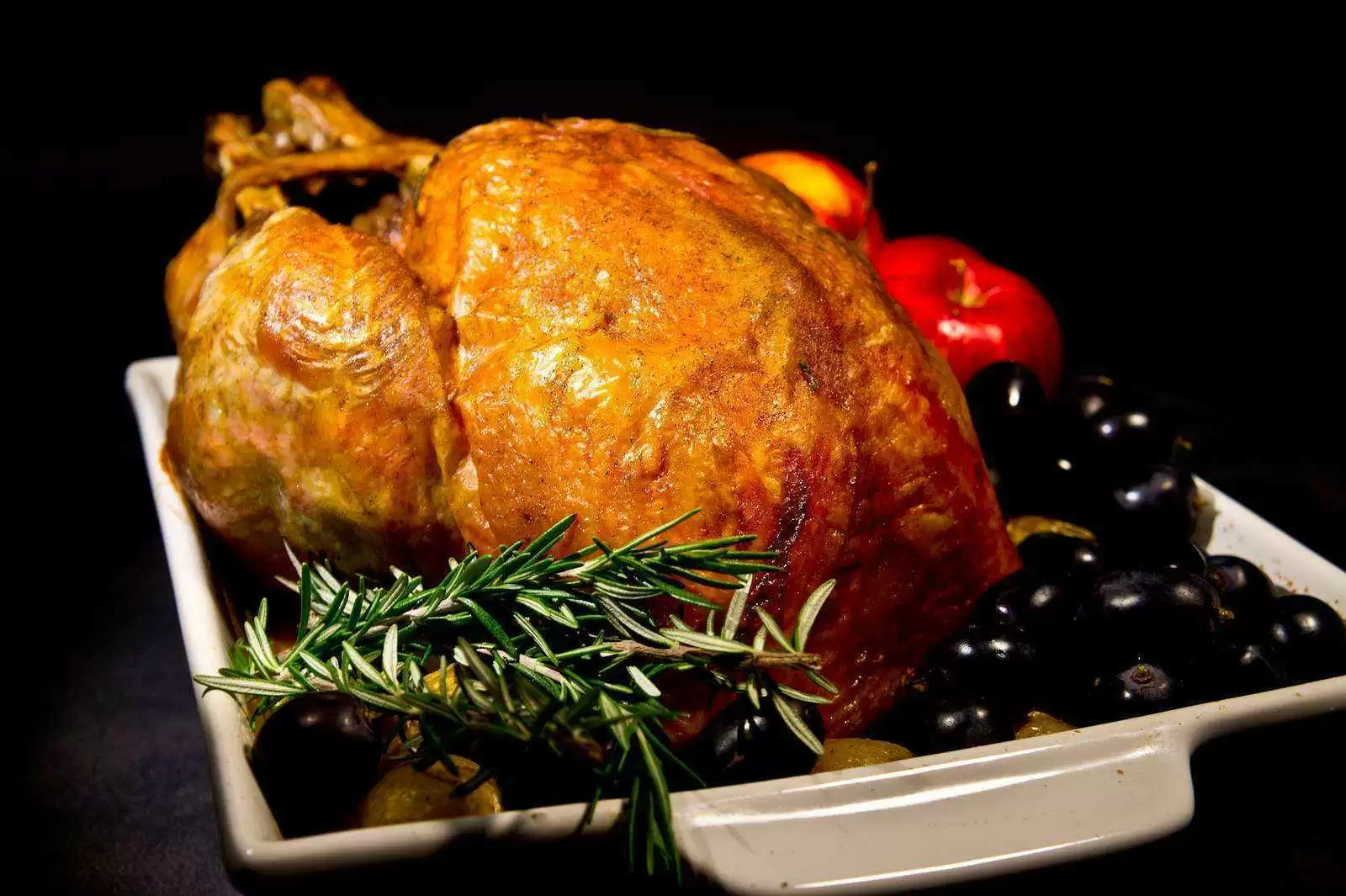Celiac.com 01/04/2025 - Navigating dietary restrictions during family meals can be challenging, especially when emotions, traditions, and communication gaps come into play. This recent story about a sister-in-law who added flour to a dish meant to be gluten-free highlights just how delicate these situations can be for people with gluten intolerance, celiac disease, or other dietary sensitivities. It also raises important questions about respect, trust, and the lengths individuals must go to protect their health while maintaining family relationships.
Understanding Gluten Intolerance and Celiac Disease
For those with gluten intolerance or celiac disease, eating gluten is not just a matter of personal preference—it is a serious health issue. Gluten, a protein found in wheat, barley, and rye, can trigger a range of symptoms in sensitive individuals. For those with celiac disease, consuming gluten damages the small intestine, leading to nutrient deficiencies, gastrointestinal distress, and long-term health complications. Even small amounts of gluten, such as those added to a dish during cooking, can cause harm.
Celiac.com Sponsor (A12):
In this story, the husband’s dietary restrictions were made clear in advance. His wife repeatedly reminded the sister-in-law about his gluten intolerance, and he took proactive measures, such as bringing his own gluten-free dishes. Despite these efforts, the addition of flour to a sweet potato casserole turned a safe dish into a harmful one, creating not only physical risk but also emotional tension.
Miscommunication or Malice?
One of the most striking aspects of this situation is the tone and intent behind the sister-in-law’s actions. According to the account, her response to being asked about the presence of flour seemed "smug," which only deepened the sense of betrayal. However, it is also possible that the tone was misinterpreted, especially given the significant stress she faces as the primary caregiver for a family member with serious health conditions.
Stress, fatigue, and caregiving responsibilities can sometimes cause people to act thoughtlessly or defensively. While this doesn’t excuse actions that put others at risk, understanding the context may help to approach the situation with more compassion.
What This Means for People with Gluten Sensitivity or Celiac Disease
This story illustrates a common challenge faced by people with dietary restrictions: navigating social situations where food is central. Here are some key takeaways for individuals with gluten intolerance or celiac disease:
Clear Communication is Essential
Openly communicating dietary needs is vital, but as this situation shows, even clear instructions can sometimes be ignored or misunderstood. When attending meals prepared by others, it is often safest to bring your own dishes or to confirm ingredients with the host directly.
Advocating for Your Health
Situations like this underscore the importance of being your own advocate. If you suspect that a dish is unsafe, it’s okay to ask direct questions—even if it feels awkward. Your health and well-being should always come first.
The Emotional Toll of Non-Compliance
Beyond the physical risks, experiences like this can leave people feeling invalidated or disrespected. For individuals with celiac disease or gluten sensitivity, it’s not just about avoiding discomfort—it’s about protecting their health and feeling supported by loved ones.
Balancing Boundaries and Relationships
While it’s tempting to draw a hard line and refuse future dinner invitations, the couple in this story is grappling with the complexity of family dynamics. The sister-in-law’s role as a caregiver for an aging family member adds another layer of difficulty. Forging a path forward will require a balance of firm boundaries and understanding.
Here are some strategies to navigate similar situations:
Set Clear Boundaries
Politely but firmly communicate your intentions, whether that means declining future invitations or setting specific expectations for shared meals. For example, you might offer to prepare and bring your own dishes or suggest a potluck-style gathering to reduce the burden on the host.
Focus on Education
Sometimes, misunderstandings about dietary restrictions stem from a lack of knowledge. If the sister-in-law didn’t fully grasp the seriousness of gluten intolerance, taking the time to explain its impact may help prevent future issues.
Consider Stress Factors
While caregiving stress doesn’t excuse actions that jeopardize someone’s health, acknowledging the pressures the sister-in-law faces may open the door for a more constructive conversation. Offering support or finding ways to ease her burden could help improve the relationship.
Trust Your Instincts
If you feel that a situation is unsafe or unsalvageable, it’s okay to prioritize your well-being. Declining future invitations or suggesting alternative ways to connect with family—such as meeting for coffee or attending events that don’t center around food—may be the best solution.
Building a Path Forward
For people with celiac disease or gluten sensitivity, navigating family gatherings can be fraught with challenges. Stories like this one highlight the importance of both setting boundaries and fostering understanding. While the sister-in-law’s actions were concerning, the couple may benefit from approaching the situation with empathy, while still standing firm in their commitment to health and safety.
Ultimately, this story serves as a reminder that dietary restrictions are not just personal quirks—they are medical necessities. For friends and family members, respecting these needs is a fundamental way to show care and support. For those with celiac disease or gluten intolerance, advocating for yourself while maintaining relationships can be a delicate balance, but it’s one worth striving for.
Read more at: twistedsifter.com












Recommended Comments
There are no comments to display.
Create an account or sign in to comment
You need to be a member in order to leave a comment
Create an account
Sign up for a new account in our community. It's easy!
Register a new accountSign in
Already have an account? Sign in here.
Sign In Now